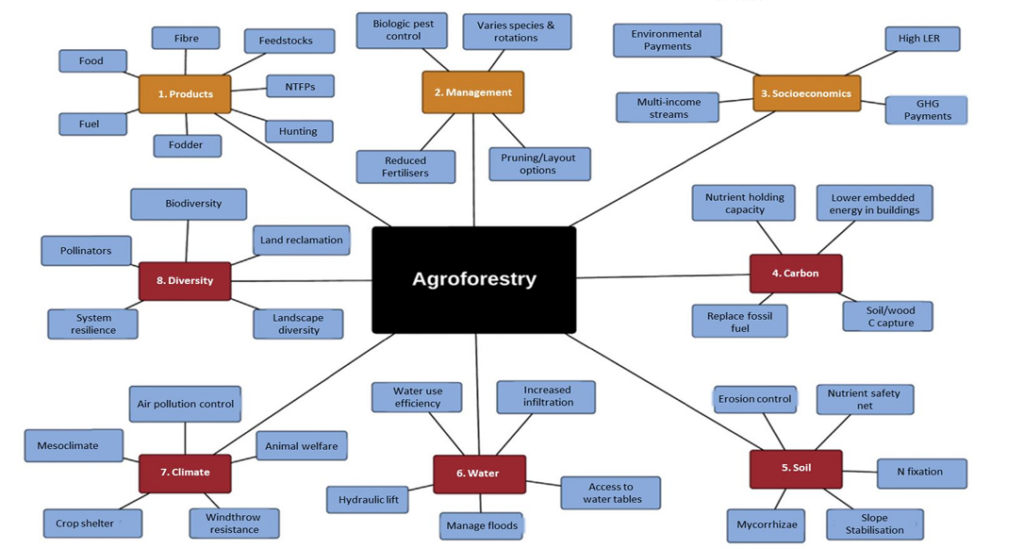Seaweed in agriculture
Written by Dr David Cutress: IBERS, Aberystwyth University. • Seaweeds have long had suggested benefits for agricultural use• Research suggests green seaweeds to be beneficial for soil/plant amendments and redseaweeds to have some potential for animal feeds• To be able to include at meaningful levels, the production and supply chain ofseaweeds needs to be researched …





